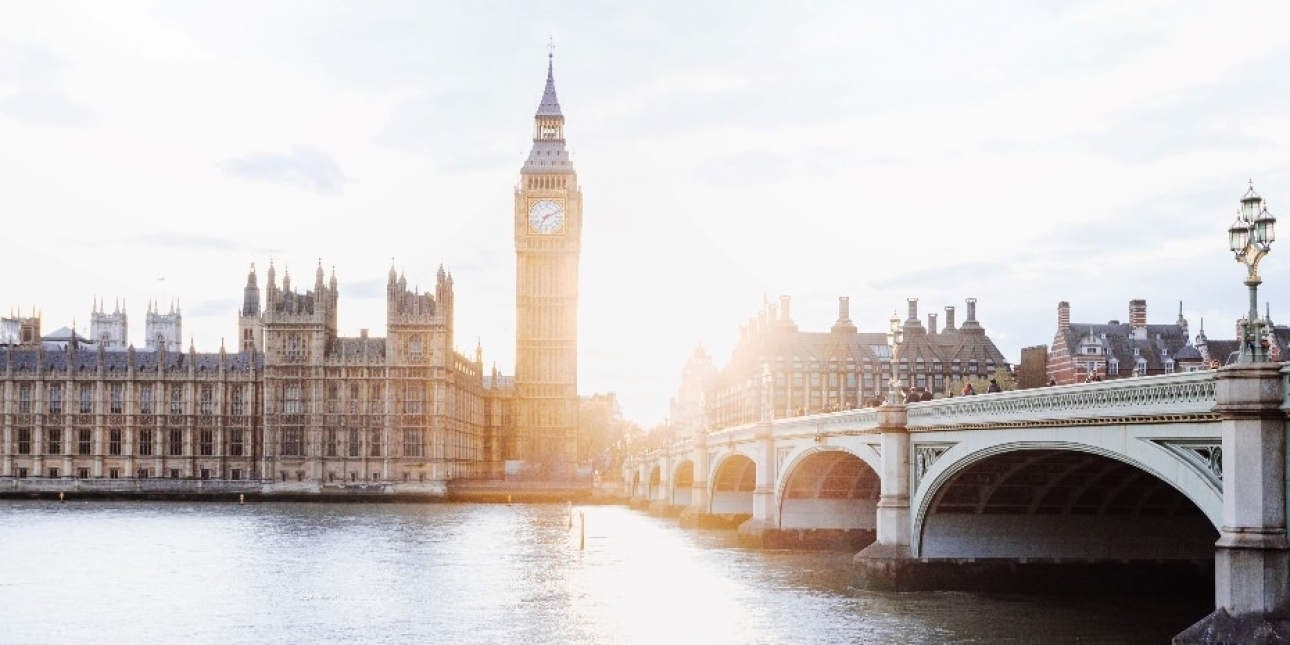PUBLIC RELATIONS
Wednesday 27th November 2019
GE2019: What do the main parties have to say about lobbying?
As Sir Humphrey, the slippery civil servant in Yes, Minister once observed ‘government policy has nothing to do with common sense’, so we see the latest pronouncements, or lack thereof, regarding lobbying by the main political parties in their election manifestos.
Both Labour and the Liberal Democrats have committed to strengthening regulation of the sector, with the former promising to repeal the Lobbying Act 2014 altogether.
The Conservatives, meanwhile, make no mention of the industry, suggesting they feel the current processes are working. They do, however, propose a new commission aimed at restoring “trust in our institutions and in how our democracy operates”.
The truth is all of the parties’ positions are problematic and do not represent the views of the industry or address the reality of what lobbying is and the benefits it brings to the political decision-making process. Like the Lobbying Act and subsequent Lobbying Register, while well meaning, these commitments will not necessarily achieve the outcomes intended.
Organisations such as the CIPR, which is the custodian of the standards of the industry, are not opposed to the idea of registration per se. Indeed, the CIPR has in the past written to both Houses of Parliament, outlining how it is seeking to drive transparency and higher professional standards in lobbying. The feeling, however, is that the current guidelines on who needs to register and who does not is too narrow.
If the major parties were serious about providing an appropriate framework for regulating lobbying, they should start by committing to engaging with the industry and particularly its institutions and trade bodies, not making uninformed and potentially damaging promises. Done properly, lobbying forms a vital part of our political discourse, informing politicians, making recommendations for improving our laws and raising the awareness around issues not always considered.
These proposals are a knee-jerk reaction against a continued negative and erroneous perception of lobbying.
The main political parties would be better advised to commit, in the first instance, to working closely with groups like the CIPR to develop a set of proposals that are fit for purpose and ensure the public can be confident that there is openness and transparency. This might include reforms to the existing Lobbying Register but also measures to increase the ability to scrutinise ministers and MPs.
This would, perhaps, have been a more ‘common sense’ approach the main parties could have adopted in their manifestos. As it is, we have either a nebulous proposal around a new democracy commission whose remit is unclear or commitments for ill-thought further regulations of the lobbying industry, imposed from above.
In any case, the CIPR still feels this is an opportunity to influence whomever ends up in Government after 12 December and the organisation is keen to work with all sides to find ways of improving transparency and accountability.
Watch this space!
Peter Campbell is public affairs and communications manager at the Local Government Association and a committee member of the CIPR's Public Affairs Group.
Photo by Hugo Sousa on Unsplash

